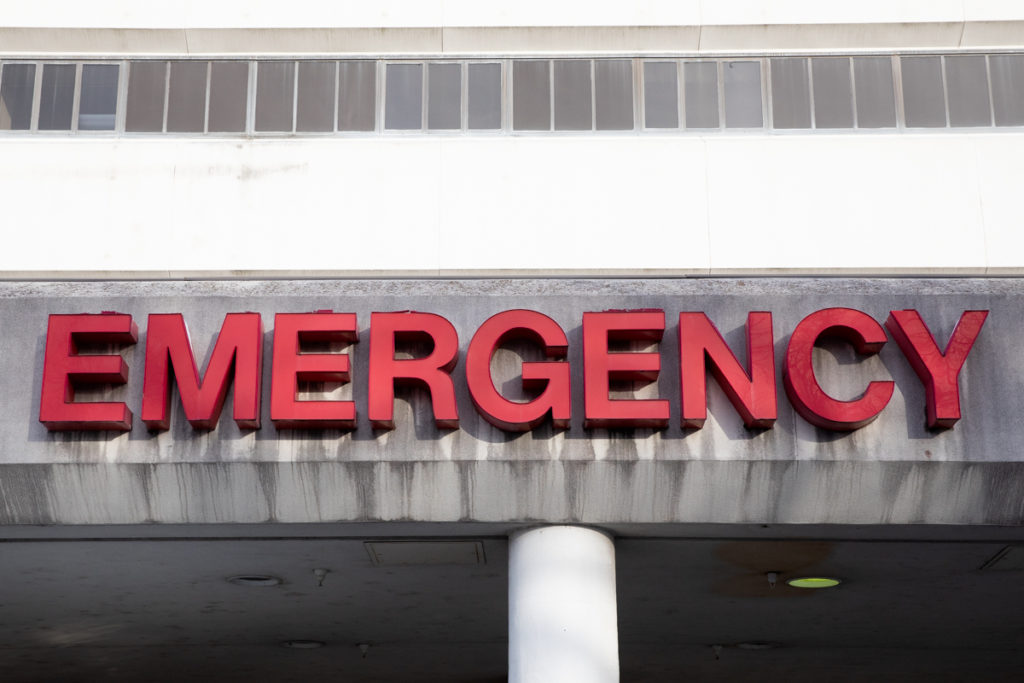
Nashville is taking the next step to shift some emergency calls from police to a non-law enforcement team. The city has been accepted to a federal program that will help officials to create a new public safety unit.
Dia Cirillo from the mayor’s office says this team will focus on people who are unhoused and need help that police and paramedics aren’t designed to offer.
“Nashville really deserves a non-law enforcement model of response that reflects who the city is,” she says. “I’m excited that we will have a third-party support to help us develop this program.”
That support will include webinars, advice from experts and opportunities to connect with other cities who are forming similar teams. Meanwhile, the mayor’s office will put together a committee of community members to help draft the blueprint for the program, similar to the Policing Policy Commission. Cirillo says she expects the committee to include stakeholder groups like the Community Oversight Board, as well as individuals with lived experience who can speak to the needs of the city’s unhoused population.
Nashville is one of five sites nationwide that was selected to participate in the program, which is organized by the Substance Abuse and Mental Health Services Administration.
“Receiving this kind of specialized support from SAMHSA’s GAINS Center does highlight Nashville as an emerging national model in crisis response,” Cirillo says.
The goal is to have a strategic plan in place later this year and launch the team some time in early 2023. Specifics of the program, like the number of staffers and the types of calls they will respond to, will all get ironed out with help from the federal government.
The city has already launched a co-response unit, which sends both police and mental health professionals to some crises. The Partners in Care team has responded to about 800 calls since last June and has diverted people from arrest in nearly all those cases.
Most responses ended with either a hospital visit, a referral to services or a conversation to calm the situation. But so far, the program has just 16 officers and six clinicians across two precincts. A couple more precincts are expected to assign officers to the program this spring or summer.
As a co-response team, law enforcement takes the lead. Mental health counselors are not even allowed on the scene when officers feel that the circumstances are too dangerous. That means several of the recent shootings by police involving people in mental health crisis, including the killing of Landon Eastep by nine officers on the interstate earlier this year, most likely would not have been prevented by Partners in Care mental health professionals.
Some Nashvillians want more resources invested in a non-law enforcement program — and quickly.
“What does the community want?” Rev. Davie Tucker asked at a town hall about mental health crisis response last month. “While we talk back and forth about the various programs, one thing that is clear is that the community wants the situation fixed, that the community is not happy with the way that is currently being done.”

